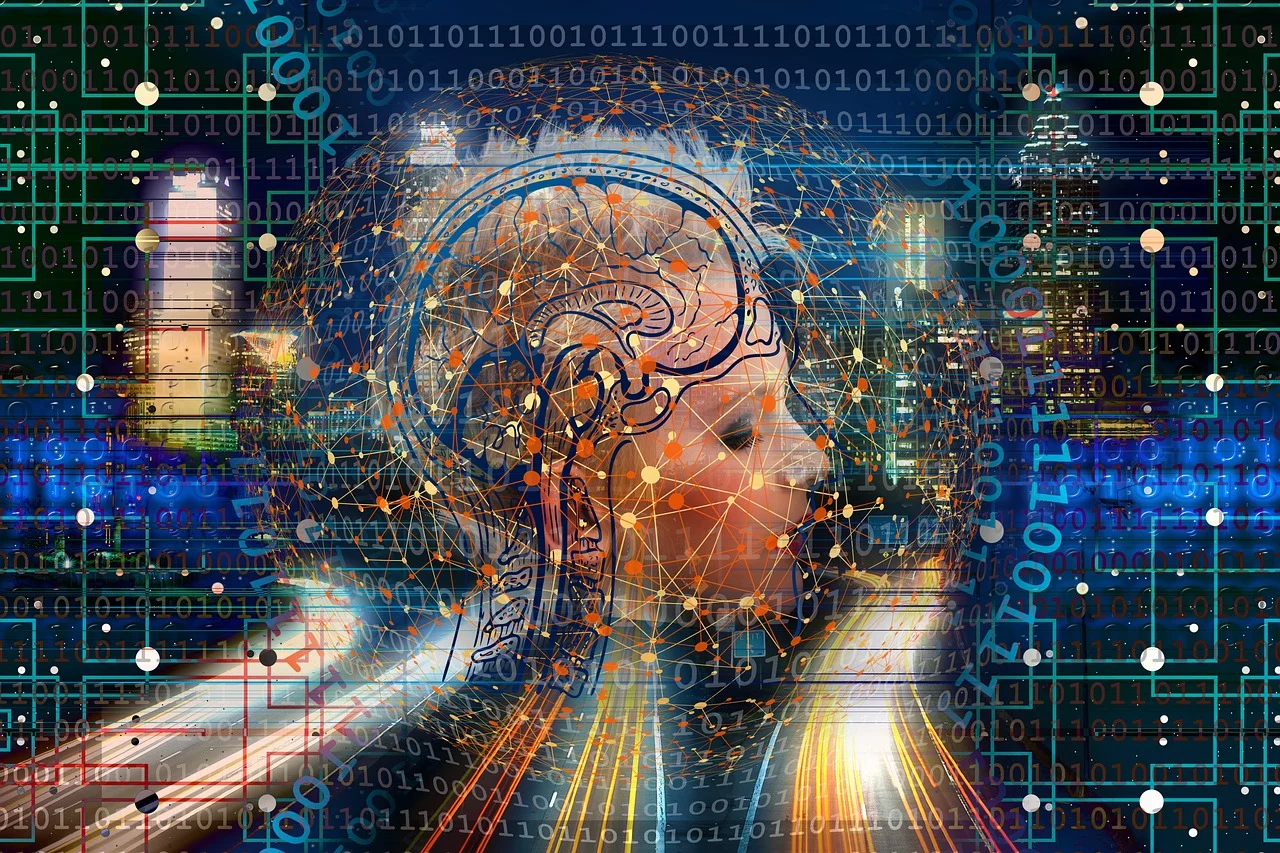
Pixabay
Algorithms, science, and blockchain can intertwine and mutually create new opportunities and help address current challenges.
Algorithms // Innovation Engine
An algorithm is a set of defined commands to perform a specific task. They are the basis of programming and computing and allow for the automation of complex processes and efficient problem solving.
From Google's search algorithms to Netflix's recommendation systems, algorithms are essential in today's digital economy. In science, algorithms have made huge strides in analyzing large amounts of data, accelerating the discovery of patterns and facilitating the modeling of complex phenomena.
For example, in computational biology algorithms help decipher genetic sequences, while in physics they are used to simulate subatomic processes. Science is a systematic process of acquiring knowledge about the natural and physical world through observation and experimentation.
The integration of algorithms into science has given rise to “data science,” which uses computer technology to analyze large data sets and extract knowledge from them.
This field has revolutionized fields such as meteorology, economics, and medicine, where data-driven predictions and personalization are key. Moreover, science not only benefits from algorithms but also contributes to their development.
Research in fields such as mathematics, physics, and neuroscience provides new approaches and theories that can be implemented in more advanced and efficient algorithms.
Blockchain // The Trust Revolution
Blockchain is a technology that enables the creation of decentralized and secure digital records. Its special feature is the immutability of data. Once information is recorded on the blockchain, it cannot be changed without the consent of the network.
This technology is the basis for cryptocurrencies such as Bitcoin, but the possibilities are even greater. Blockchain offers innovative solutions to issues of trust and transparency in various fields. For example, in the supply chain, products can be traced from source to end consumer, ensuring authenticity and quality.
In the financial sector, it enables fast and secure transactions without the need for traditional intermediaries.
New Frontiers The interaction between algorithms, science and blockchain opens up new frontiers of technological innovation. For example, machine learning algorithms can be integrated into blockchain platforms to improve the efficiency and security of decentralized networks. This enables the creation of more sophisticated smart contracts that can automatically execute contracts based on predefined conditions.
In science, blockchain can provide a transparent and verifiable record of experimental data and improve the reproducibility and reliability of research results. In addition, it can foster international collaboration by enabling the secure sharing of data and resources. Despite the potential of these elements, their integration also faces significant challenges.
Technical complexity and the need for adequate infrastructure are obstacles that need to be overcome. Similarly, ethical and data protection issues when dealing with personal data require careful regulation and responsible handling. But the opportunities far outweigh these challenges.
The integration of advanced algorithms into blockchain systems promises a new era of efficiency and security in applications ranging from identity management to electronic voting. When these technologies drive science, they enable faster and more collaborative discoveries. Algorithms, science and blockchain are the foundations of digital transformation.
Their interrelationship and fusion are redefining our ability to solve complex problems, increase transparency and drive innovation. As we continue to research and develop these technologies, we must take an ethical and collaborative approach to address the challenges and ensure that the benefits extend to society as a whole.
Proof of Work is a crucial mathematical algorithm in blockchain technology, ensuring the security and integrity of the blockchain. Although it consumes a large amount of computational resources, its design ensures that any attempt to tamper with the data would require an impractical amount of processing power, making the network robust and trustworthy.
Bibliographic reference
Principles of Blockchain Systems for Antonio Fernández Anta, Chryssis Georgiou, Maurice Herlihy, 2022.
Blockchain Technology and Applications for Pethuru Raj, Kavita Saini, Chellammal Surianarayanan, 2020.
I agree with you there is a project in hive trying to implement science in blockchain have you heard about it?
Greetings, I am not informed but it sounds very interesting, it serves as a stimulus and new knowledge in the field